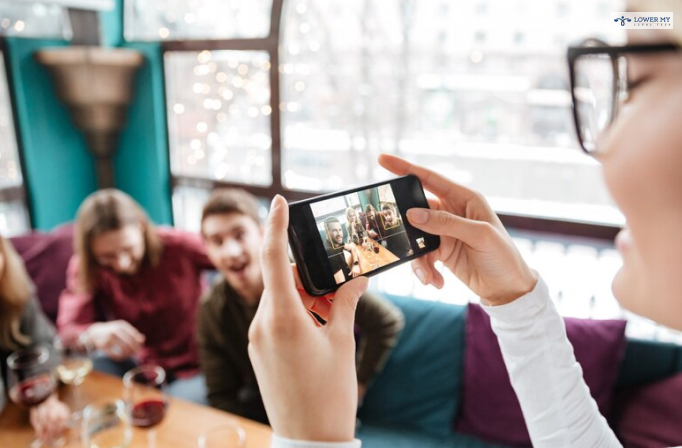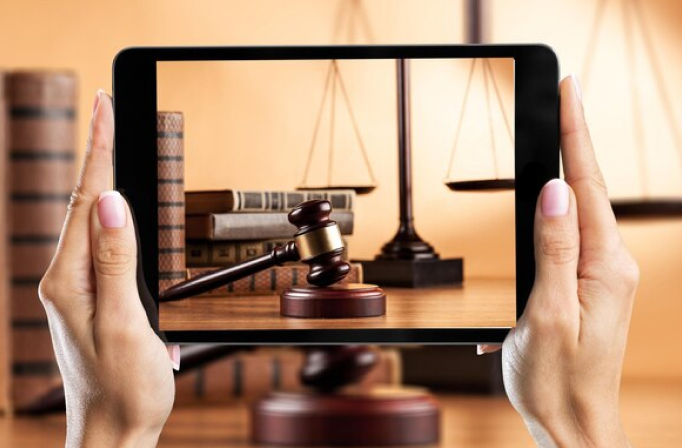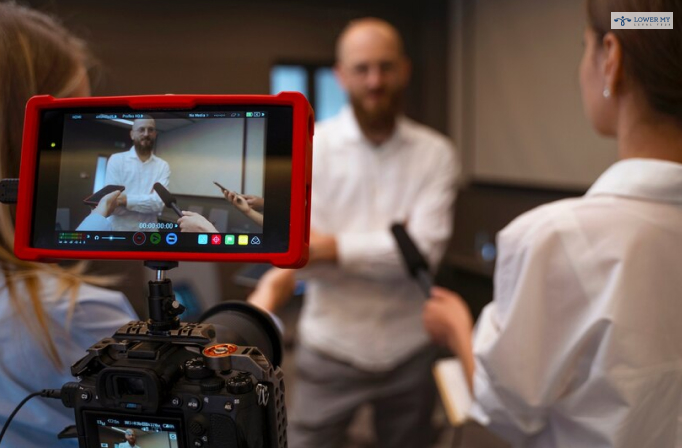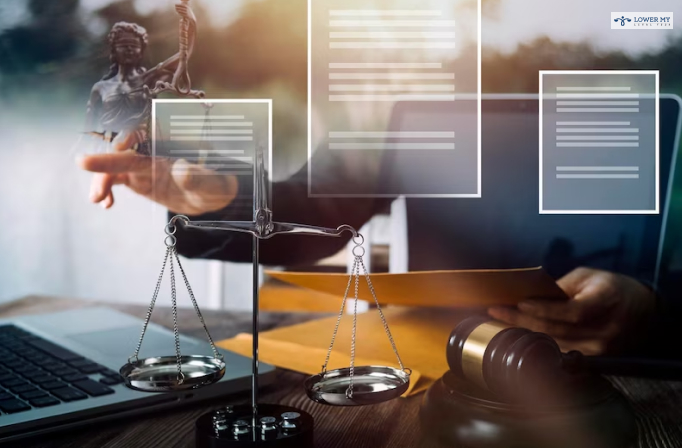So, Is it legal to video record someone without their consent? The laws around recording people can vary depending on where you are in the United States. But first, let us know what consent truly means.
What Is The Meaning of Consent?

Consent means giving permission or agreeing to something willingly. Legally, consent is when a person freely and voluntarily agrees to a particular action, decision, or situation.
- It’s important that consent is given by someone who is of legal age and has the mental capacity to understand and make informed decisions. Consent must be given without any kind of force, coercion, or manipulation. It can be verbal, where a person clearly expresses agreement, or it can be non-verbal, through actions or gestures that indicate agreement.
- Consent must be given for each specific action or situation. It cannot be assumed or implied for different activities. It can be withdrawn at any time. If someone initially agrees but later changes their mind, that must be respected.
- It’s very important to remember that consent cannot be given if a person is under the influence of drugs or alcohol, unconscious, asleep, or incapable of understanding the situation. Consent is important for the autonomy and rights of individuals.
What Are The Video Recording Laws Of The States Of The Us?

Is it illegal to video record someone without their consent in different states of the US?
Video recording laws differ among states of the US. In “one-party consent” states, it’s legal to record a conversation or video if at least one person involved agrees to it. In “two-party consent” or “all-party consent” states, all participants must give consent. This applies to both audio and video recordings.
- Generally, people in public places cannot expect complete privacy, so recording them is usually legal.
- However, there are exceptions.
- For example, it’s usually illegal to record someone in a public restroom or changing room where they have a reasonable expectation of privacy.
- In private settings like homes or offices, people have a higher expectation of privacy, and recording without consent may be illegal.
- Even if a recording is legally obtained, there are legal restrictions on how it can be used.
- Using a recording for blackmail, harassment, or other illegal purposes is a crime.
- Publishing a recording may also be subject to defamation, libel, slander laws, or infringe on a person’s right to control their own image.
Remember, these are general principles, and the specific laws can vary significantly by state and situation. If you’re thinking of recording a conversation or video, it’s a good idea to know the laws in your state and consult with a legal professional if you’re unsure.
How Do Recording Laws Differ In One-Party Consent States?

In “one-party consent” states, it means that at least one person involved in a conversation or recording needs to give their permission for it to be legal. Is it illegal to video record someone without their consent in one-party states? This person can be the one recording the conversation or any participant who agrees to be recorded. One-party consent applies to both audio and video recordings.
- One-party consent states in the USA include the following.
Alabama, Alaska, Arizona, Arkansas, Colorado, District of Columbia, Georgia, Hawaii, Idaho, Indiana, Iowa, Kansas, Kentucky, Louisiana, Maine, Michigan, Minnesota, Mississippi, Missouri, Nebraska, New Jersey, New Mexico, New York, North Carolina, North Dakota, Ohio, Oklahoma, Oregon, Rhode Island, South Carolina, South Dakota, Tennessee, Texas, Utah, Vermont, Virginia, West Virginia, Wisconsin, and Wyoming.
How Are The Recording Laws In Two-Party Consent States

Is it illegal to video record someone without their consent in two-party states? In “two-party consent” states, it means that all parties involved in a conversation or recording must give their consent for it to be legal. This consent is required from every participant, including the person recording the conversation. Two-party consent applies to both audio and video recordings.
- Two-party consent states in the USA include the following.
California, Connecticut, Delaware, Florida, Illinois, Maryland, Massachusetts, Montana, Nevada, New Hampshire, Pennsylvania, and Washington.
State Laws That Shape Recording Laws
The rules about “ is it illegal to video record someone without their consent ” differ in each state, so you’ll have to check your local laws to be sure.
Whether it’s allowed or not depends on where you’re recording, whether you’re also recording audio, and if the person has a reasonable expectation of privacy.
- Let’s look at some situations where you might want to record without asking for permission:
- Usually, it’s okay to record someone in a public park because there’s no expectation of privacy in a public place. However, it’s important to understand that there’s a difference between legal recording and harassment.
- Laws about recording audio are more specific than those about recording video. As a general rule, if you’re in a public place where people don’t expect privacy, you can record without permission.
What Are The Federal Laws?
Let us look at some federal laws that answer the question, “ Is it illegal to video record someone without their consent? ”
- The Federal Wiretap Act
This act focuses on recording audio conversations without permission. It generally says that it’s not allowed to secretly record someone’s conversations, especially if they expect privacy. So, it’s important to get their consent before recording their voice.
- The State Wiretap Laws
These are laws specific to each state. They also deal with recording audio conversations without permission. They can provide more detailed rules about when and how recording is allowed in different situations.
- The Electronic Communications Privacy Act (ECPA)
This act protects the privacy of electronic communications, such as phone calls, emails, and text messages. It generally requires consent before intercepting or recording these communications without proper authorization.
- The Video Voyeurism Prevention Act (VPA)
This act focuses specifically on preventing voyeuristic recording or “peeping” using hidden cameras or devices in places where people have a reasonable expectation of privacy, like bathrooms or changing rooms. It makes such actions illegal without the consent of the individuals being recorded.
Finally, What Is The Verdict On The Recording Laws?
Yes, it is definitely illegal to video-record someone without their consent. In the USA, whether it’s legal to video record someone without their consent depends on the situation. Generally, it’s allowed to record people without their consent in public places where privacy isn’t expected. However, recording someone’s video without permission is more restricted, especially in private conversations.
Read Also:






